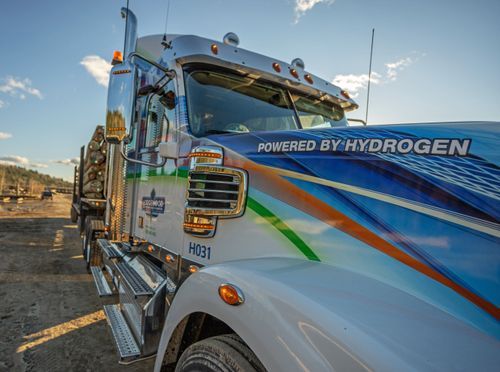Oberon Fuels, a California-based renewable fuels developer, has hired Morgan Stanley for a topco and project capital raise to launch soon, CEO Rebecca Bordreaux said in an interview.
The company, backed by Suburban Propane, plans to reach COD on its next facility in the Gulf Coast in 2026, Boudreaux said. Late last year the company hired its first CFO Ann Anthony and COO Derek Winkel.
Oberon produces rDME at its Maverick Innovation Center in Brawley, California and recently established a partnership with DCC Fuels focused on Europe.
The location of the Gulf Coast facility is not public, Bordreaux said, though the company aims to reach FID on it this year. When operational it would produce 45,000 mtpy of methanol, or a comparative amount of rDME. Capex on the facility is in the range of $200m.
The company is shifting toward production of methanol as a shipping fuel, she said. New opportunities also include using DME as a renewable hydrogen carrier, as the fuel is easily transportable and compatible with many existing logistical networks.
Oberon is also preparing to issue $100m of municipal bonds from the state of Texas, Bordreaux said.
More than $50m has been raised by the company to date, with Suburban Propane being the largest investor and customer in California, Bordreaux said. The company has a third project in the pre-FEED phase.





